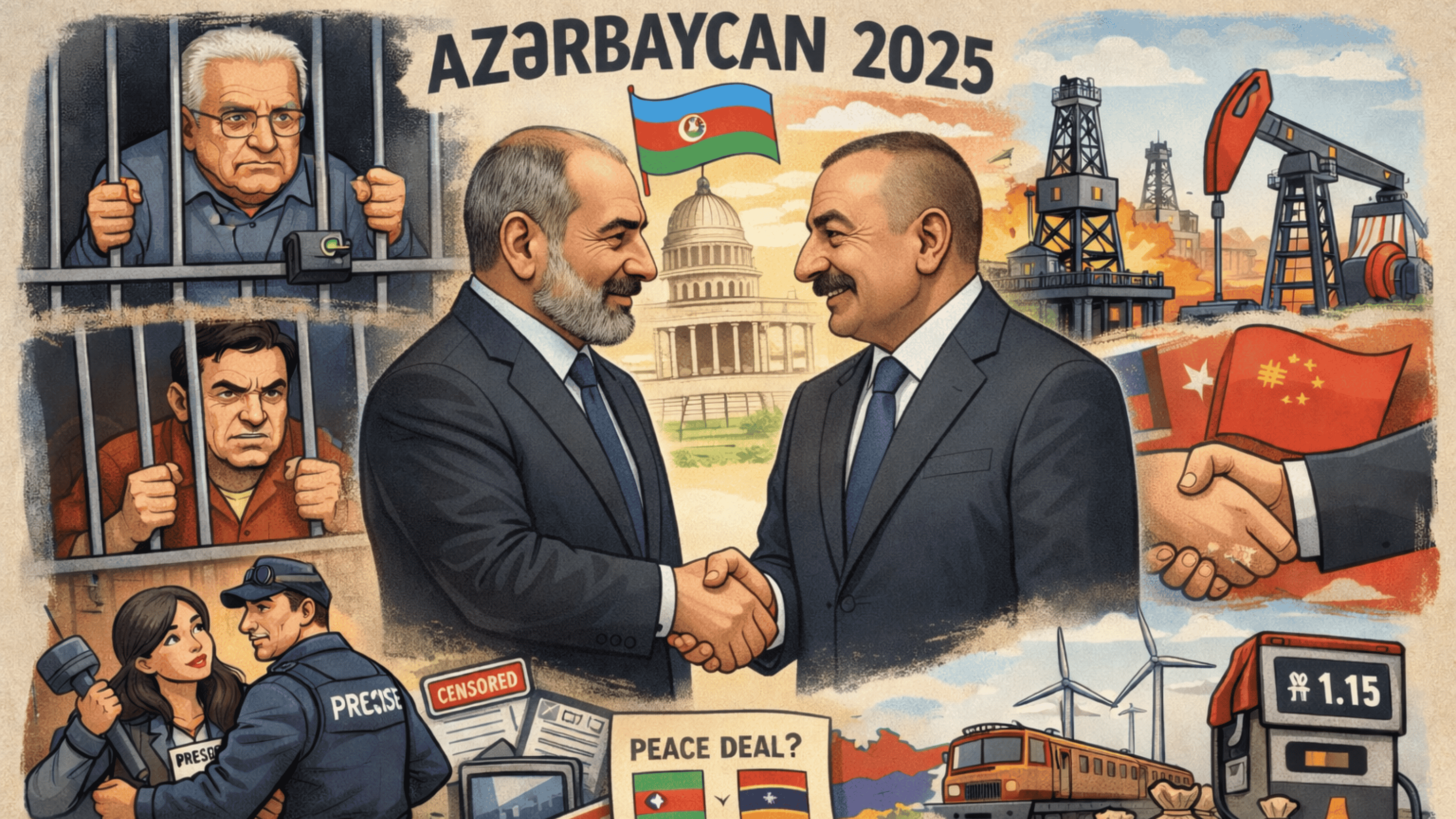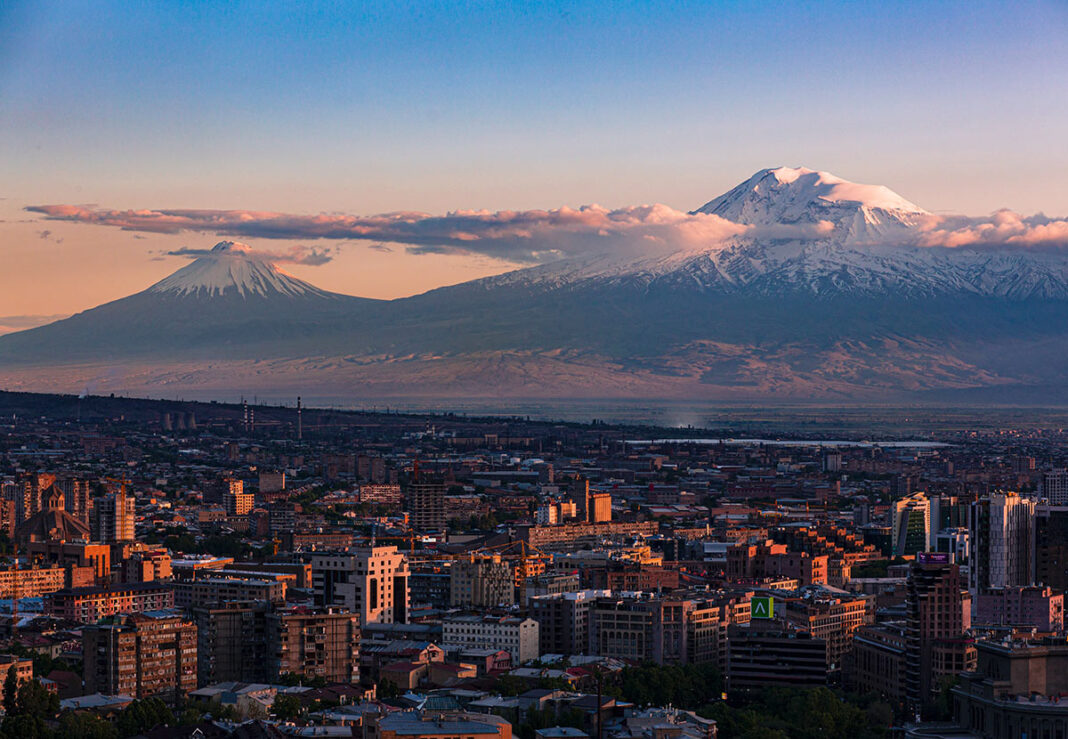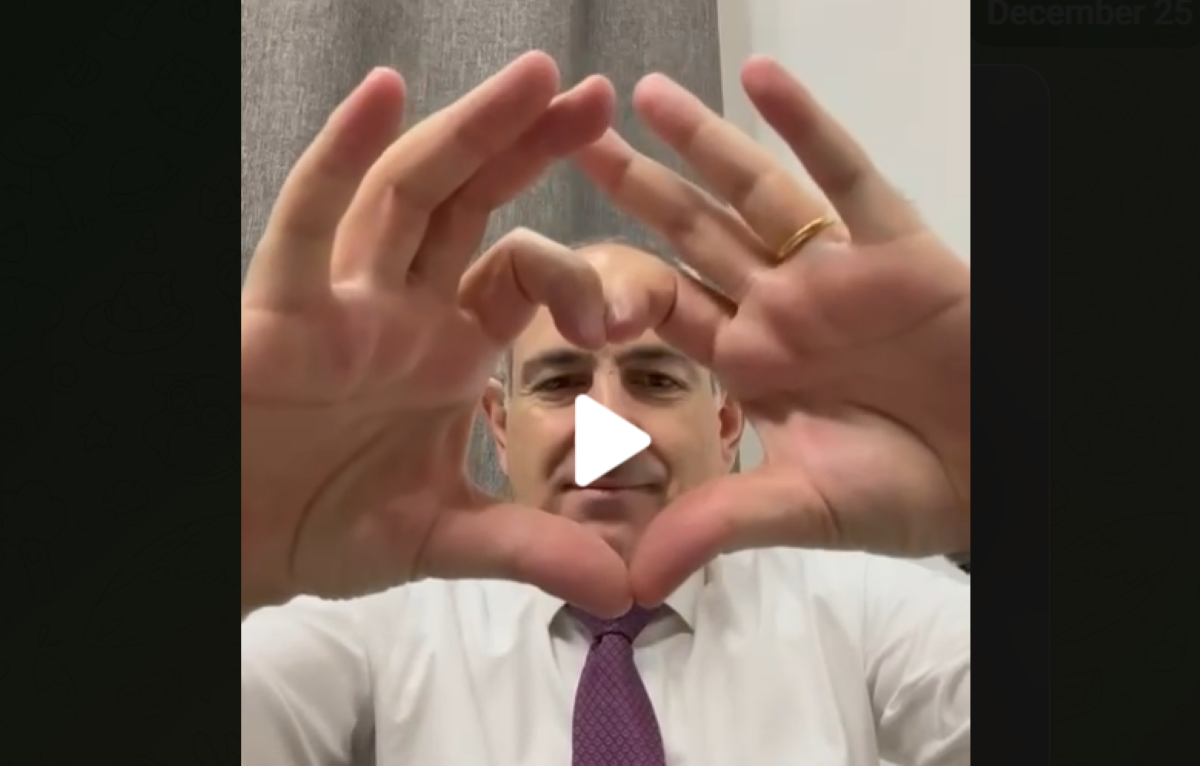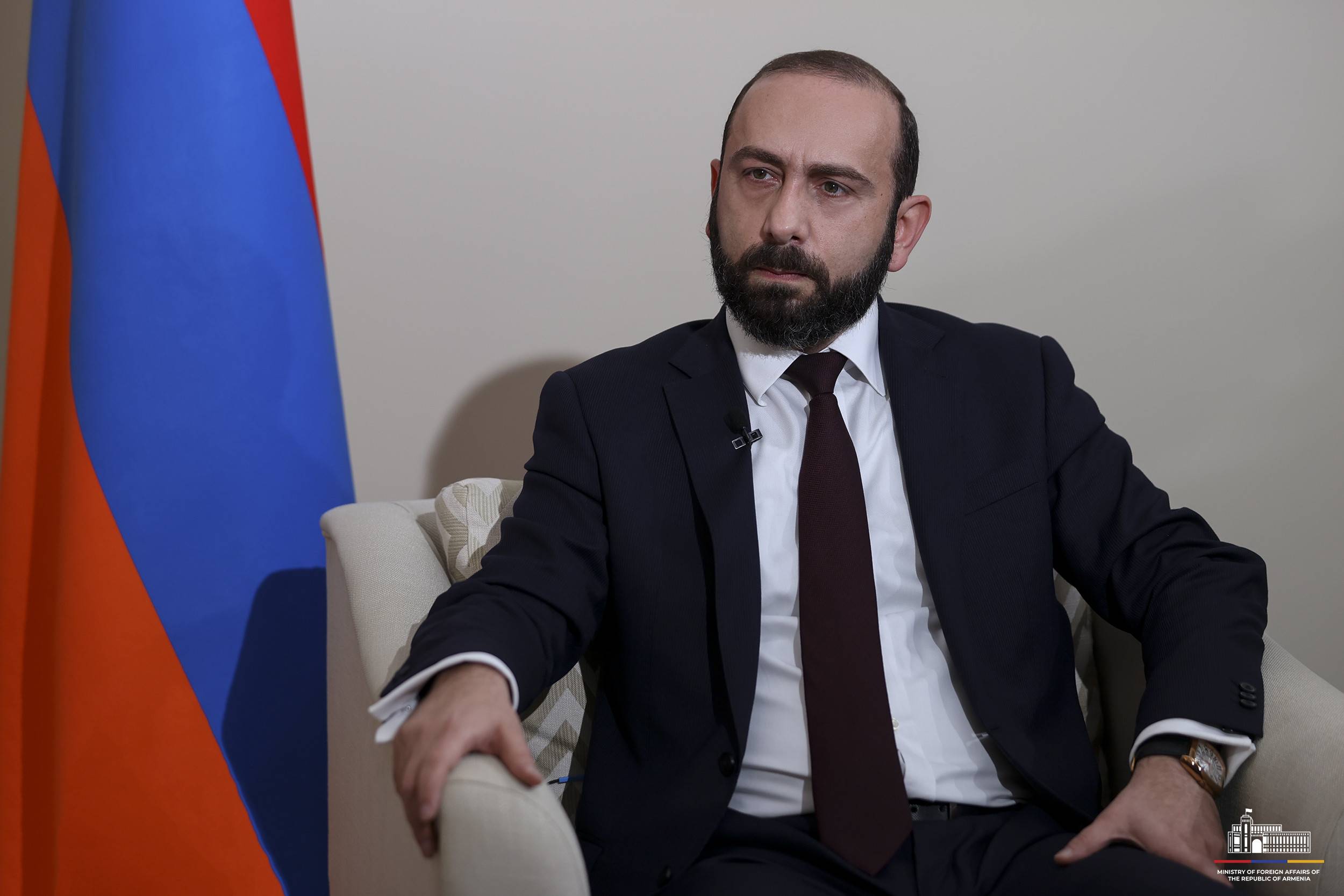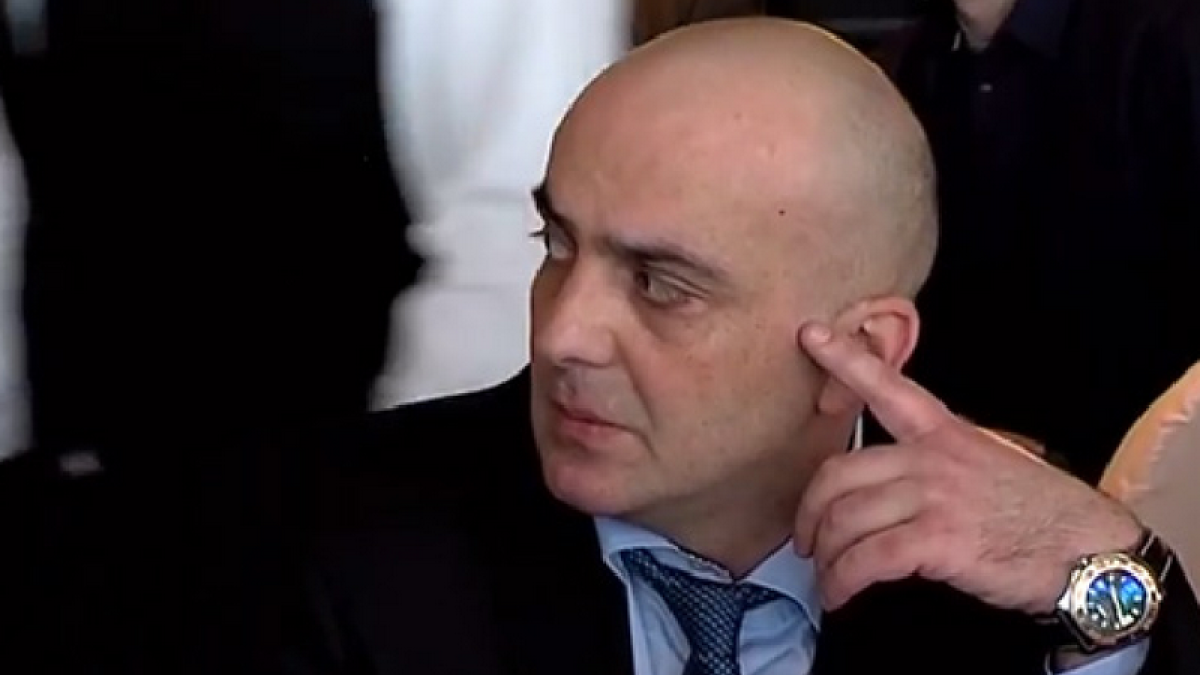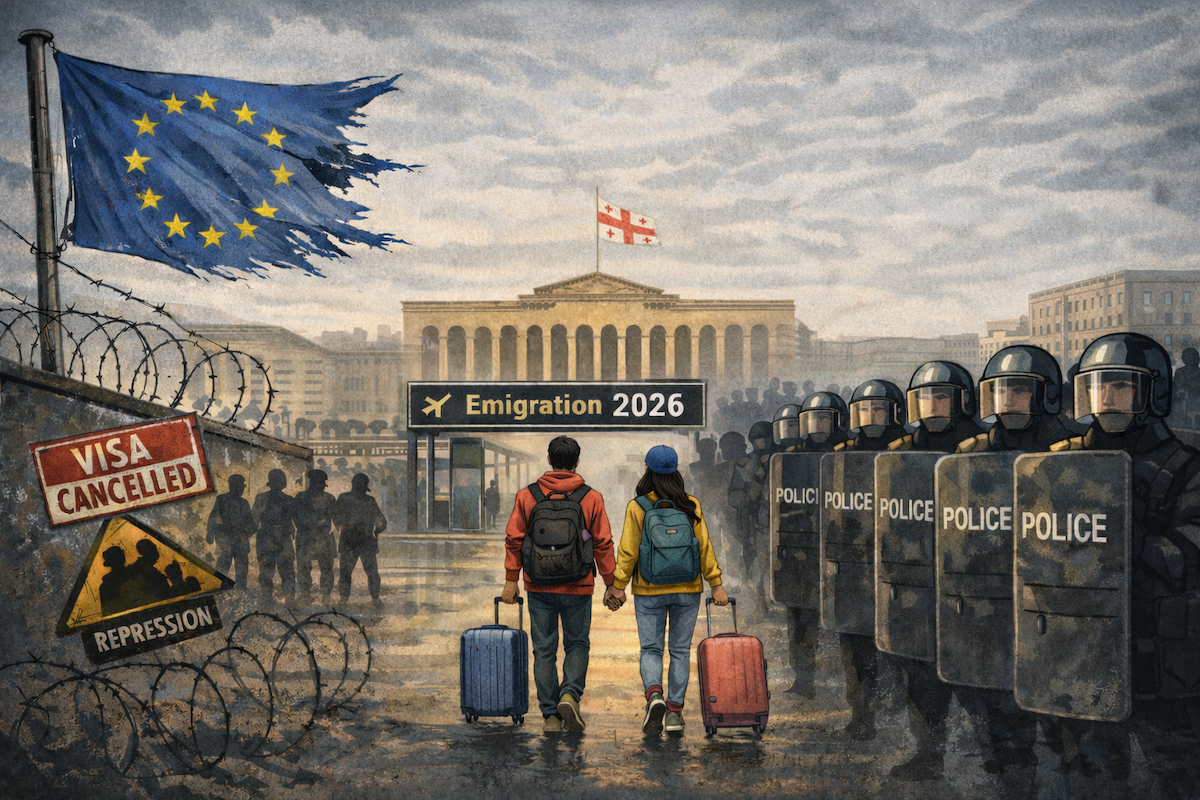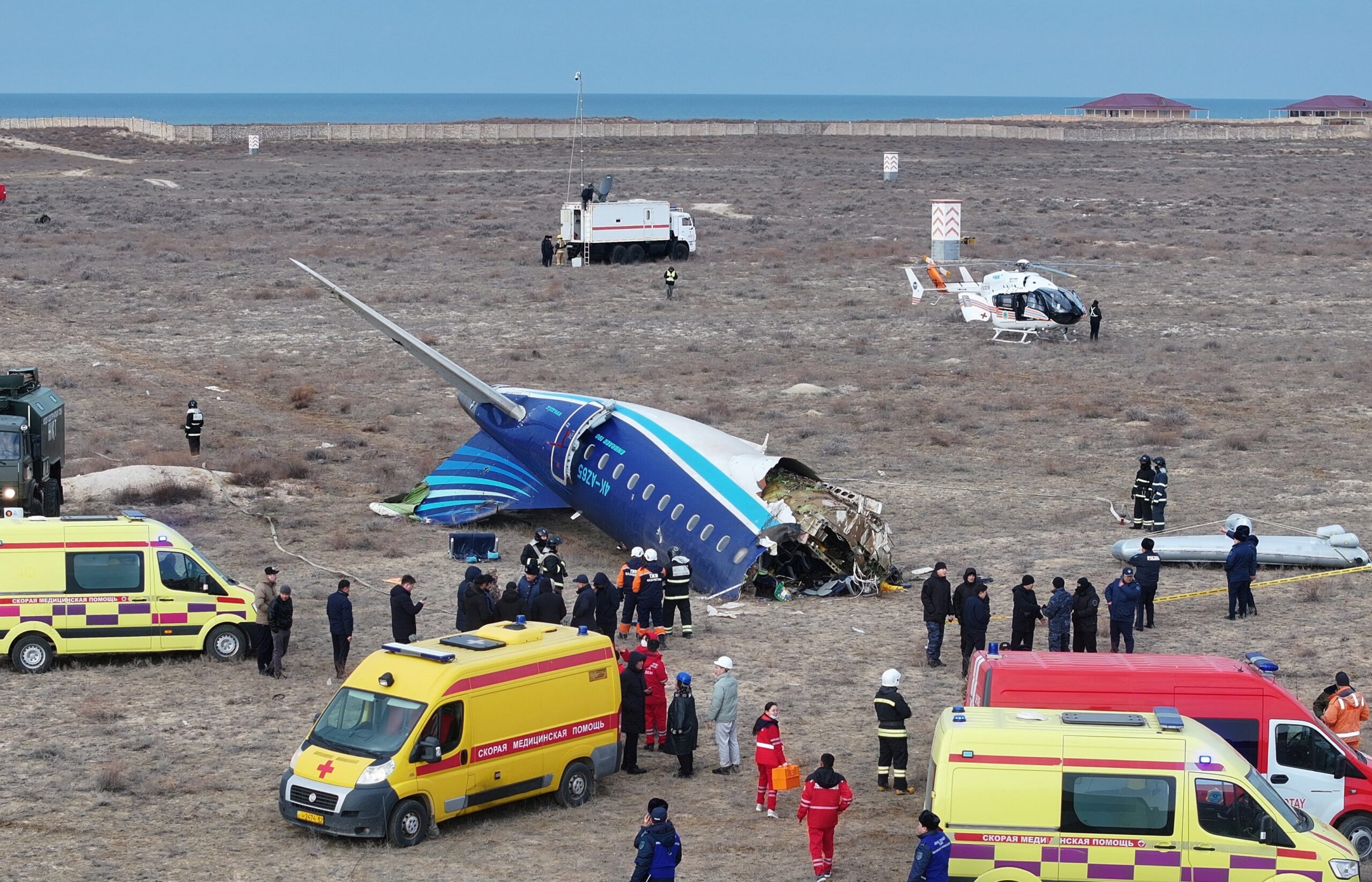Putin, Macron have frank exchange in the Gallery of Great Battles
Photo: REUTERS
The ‘Novaya Gazeta’ (New Newspaper), Paris
The Putin-Macron meeting was expected to be interesting in terms of drama – not because Putin would all of a sudden make concessions on the Syria issue or on ending hostilities in Donbas, but rather because long before their first meeting these two men have had differences on many issues that need to be resolved. Also, there is a serious age and experience gap between them (25 and 17 years, respectively), as well as а difference in their world views.
What were they expected to discuss
“Putin’s visit will give Macron an insight into our assessment of the development of the terrible conflict in Ukraine,” Yuri Ushakov, the Russian President’s aide, stated last week. “Syria is also one of the most important problems for discussion,” he added. “François Hollande paid a visit to Moscow after a terrible terrorist attack in Paris, in November 2015, and an important agreement on the coordination of military efforts and actions was reached. It’s not Russia’s fault that the agreement wasn’t implemented.” The French also believe that it was through the other party’s fault. In January 2017, Jean-Yves Le Drian, the incumbent Foreign Minister of France (who was the Defense Minister in that period), reminded the National Assembly that he had visited Moscow twice (along with President Hollande) after the Paris terrorist attacks on 13 November 2015, in order to agree on joint counter-terrorism activities. But ‘nothing happened’ then, ‘and it’s not our fault’, Le Drian stressed.
What was said after the meeting
At first, a joint news conference proceeded in a calm and even amicable atmosphere, bus some nervousness could be observed at the end of it.
As President Macron pointed out in the beginning, the fight against ISIS is ‘a top priority’ (later he repeated: ‘an absolute priority), which couldn’t but please Vladimir Putin, who has been trying since fall 2015 to offer himself to the West as a partner in fighting terrorism – ‘the plague of the 20th and 21st century’ (today’s words).
Macron also stressed that ‘any use of chemical weapons’ in Syria would lead to immediate response, ‘at least’ on part of France. Thus, for the first time, the French leader ‘gave a rebuff’ to his senior counterpart, hinting that it’s not only Trump who can ‘strike back’. (Later on, Macron added that the ‘Astana format’ (i.e. resolution of the Syrian conflict without the involvement of the western states), can’t be regarded as ‘an acceptable solution’.
As the French President reported, he agreed with Putin to convene, ‘in the shortest time possible’, a meeting in the ‘Normandy format’, and before that, to ‘audit’ the situation in Donbas based on the OSCE’s comprehensive report.
Then, Macron touched upon another issue that President Putin was definitely eager to hear. “I emphasized to President Putin, how important it is for France to respect all people, all minorities,” said President Macron. “We spoke about the cases of LGBT people in Chechnya. I made it clear to President Putin what France is expecting regarding this issue, and we agreed to regularly check on this subject,” said Macron. On a side note, France received the first gay man from Chechnya on the day of Putin’s visit.
“I told him that history is greater and more important than any of us…,” Macron said when concluding his address. “We are now in the Gallery of Great Battles (a hall in the Palace of Versailles-ed.) which celebrates centuries of French military successes. However, those military victories should never make us forget that they were always the result of a lack of understanding, and that many people often died in them …”
Earlier, Macron stressed the need for the timely establishment of peace in the Ukraine and resolution of the Syrian conflict, so Putin was supposed to understand that pause. But you would never have guessed it judging from the Russian President’s appearance. “You’ve come from the city, the country that fought for freedom, especially for the freedom of Europe at the beginning of the last century. And, relying on the power of history, which is greater and more important than any of us … I wish we could find pragmatic, principle-based solutions that influence our present and the fate of our nations.”
The problem is that President Macron, like his forerunner Hollande, tries, on the one hand, to demand from the Kremlin to observe humanitarian laws and regulations, and, on the other hand, calls for the development of trade and exchanges. And the Kremlin expects trade and exchanges without any pre-conditions.
It won’t be an easy task to build ‘principle-based’ relations, especially as the parties’ principles vastly differ from each other. And Putin demonstrated that on a number of occasions: for example, when he said some complimentary things about Marine Le Pen, which Makron recalled with certain disgust.
A female journalist from the Russian pool was the first to ask about Russia’s meddling in elections. She wondered whether that issue was in focus at the presidents’ meeting. Macron pointed his finger at Putin, who responded as follows: “…As for Russia’s meddling…alleged meddling in some countries’ elections, we haven’t discussed this issue, as Mr. President didn’t show any interest in that. As for me, I don’t think it’s a subject matter for discussion.”
However, Macron thinks otherwise. “As for the last French elections, we discussed it when Mr. Putin called to congratulate me on winning the election. I am a pragmatic person. We spoke about it, I told the [Russian] President what I thought, and he told me what he thought, and we moved on.” “I’ve never believed that one needs to comment on some issues related to thermodynamics or personal chemistry in politics. The goal of politics and diplomacy is to find specific solutions to our real problems,” President Macron added.
However, as it turned out later, President Macron didn’t forget about the Russian media and hacker attacks. His tone sharpened only once, when asked about the reasons for his press office’s refusal to accredit the ‘Russian media’ (Russia Today, Sputnik – ed.).
“I have always had an exemplary relationship with foreign journalists, but they have to be journalists,” said Macron. Then he referred to the aforesaid media outlets as ‘organs of influence’, ‘propaganda’ and ‘lying propaganda’. It happened so that all the aforementioned ‘organs’ are the Russian state media outlets, whereas the man standing beside Macron, spares no efforts to single-handedly embody that very state.
It seems that he was blamed for everything again.
But he ‘gave tit for tat’: first he scoffed at the French anti-terrorist campaign (‘As you know, France contribution to the fight against terrorism, under the U.S. auspices…), and then, at the end, he retorted the offence inflicted by the G7 summit’s final declaration (on possible toughening of sanctions against Russia):
“Let me thank you for the second part of your question. You’ve asked, how sanctions against Russia would help normalize the crisis in southeast Ukraine. There’s no way they can help,” President Putin said bluntly.
It turns out that the Minsk agreements won’t be further implemented, at least, until sanctions against Russia are lifted.
And the sanctions won’t be lifted until the Minsk agreements are implemented – this is a long-standing position of the leading western states, and Macron confirmed it on that hot evening in Versailles. Though, a little bit earlier.
“I would like to confirm what I said earlier: sanctions may be toughened, if necessary, but only in case of escalation. However, it is not going to happen if there is de-escalation. De-escalation is exactly what we want to achieve,” the French President stated.
As Yuri Usakov, President Putin’s aide, reported ahead of the visit, the main aim of the Macron-Putin meeting would be for the two men to get acquainted. So, that’s what they did.










